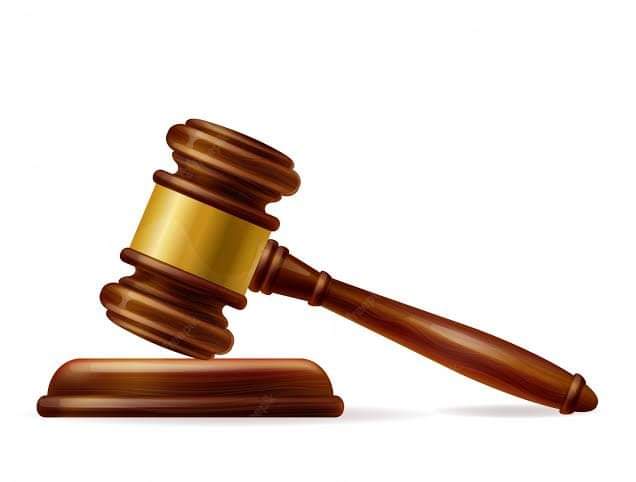By Garba Adamu Gwangwangwan
The legal system is an essential pillar of any ideal and just society, taht have desire, willingness to ensure fairness, equity, and justice for all. Nevertheless , there are instances when the outcome of a legal case may not align with the expectations of one party involved in the litigation.
When a lawsuit goes against us, it can be a disheartening experience. It is natural to feel frustrated, disappointed, and even angry. But it is during these challenging times that our commitment to the principles of justice, respect for the rule of law, and the pursuit of fairness are truly tested.
Moreover, what can one do when faced with a court ruling that does not favor their side? First and foremost, one most have to essential to respect the legal process. Our judicial is not different with others, were the system is founded on principles that ensure a fair and impartial trial for all parties involved without any reference to other factors, While outcomes may not always be as desired, it is vital to trust in the process itself. This will no doubt uphold the historical antecedent of the process.
Secondly, parties dissatisfied with a court ruling have the legitimate right to appeal the verdict. The appellate system exists to review decisions and ensure that the law was applied correctly. It offers an opportunity to present new evidence, challenge legal interpretations, and seek a more favorable outcome.
Furthermore, it is essential to engage in constructive dialogue and seek resolution through negotiation or mediation, where applicable. Often, parties can find common ground and reach an agreement outside of the courtroom, avoiding protracted legal battles.
In some cases, advocacy and awareness-raising efforts can lead to legal reforms or changes in policies and practices. This can be a powerful way to address systemic issues and promote justice not only for one’s case but for the broader community.
Remember that our legal system is not perfect it keeps involving with the unfolding scenario, but it is designed to evolve and adapt. While it may seem challenging in the face of an unfavorable ruling, it is our duty to uphold the principles of justice and fairness. By engaging in the legal process, respecting its outcomes, and pursuing avenues for change, we contribute to a society that continually strives to improve and ensure equal access to justice for all.
In conclusion, facing a court ruling that does not favor your side can be a daunting experience, but it is essential to approach it with respect for the legal system, an understanding of the available options, and a commitment to seeking justice through appropriate channels. Together, we can work towards a more just and equitable society for everyone.
Garba Adamu Gwangwangwan, wrote from Bauchi.
